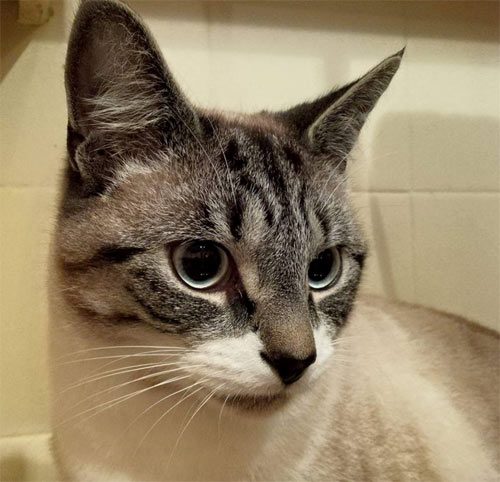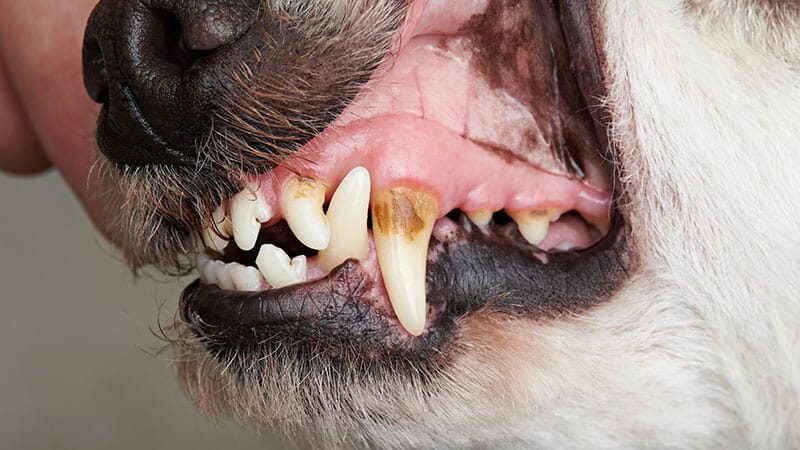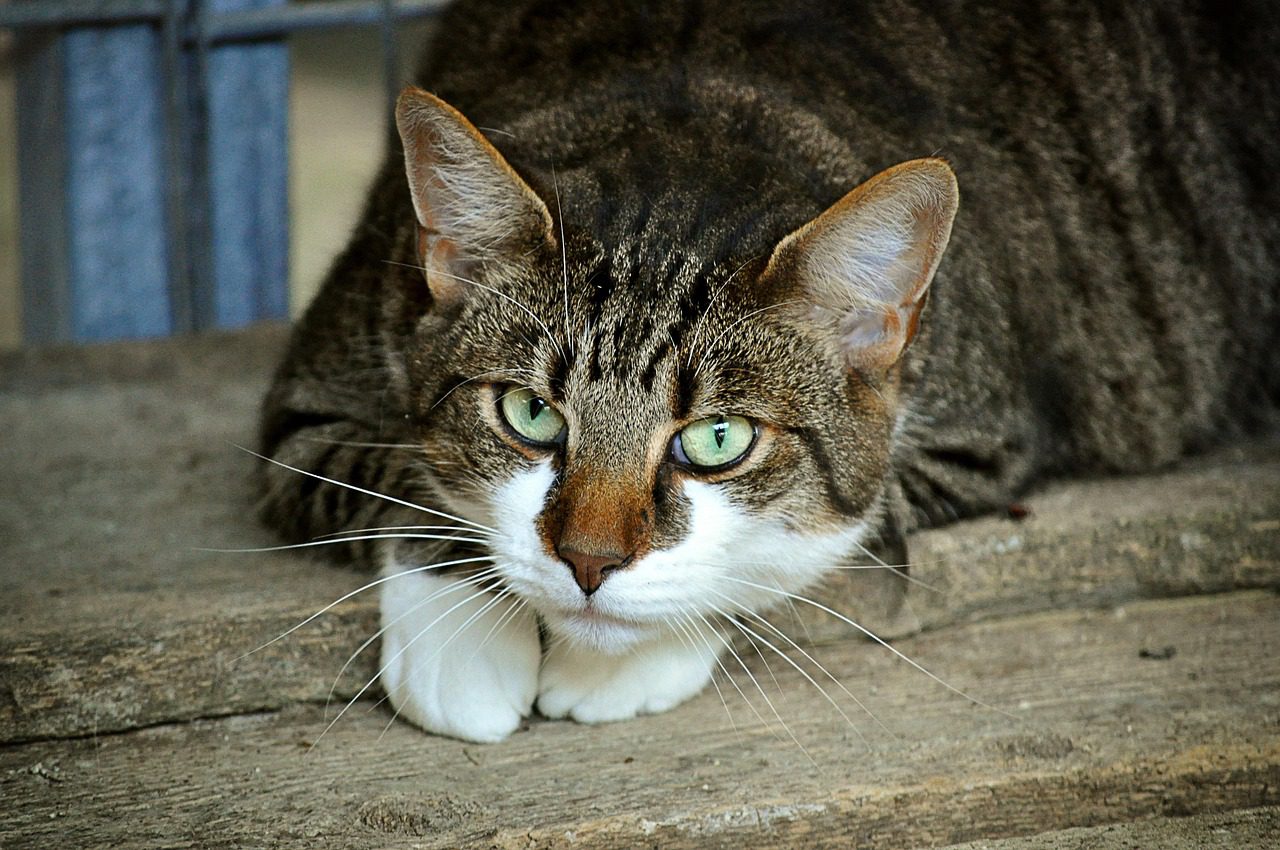Our immune systems are amazing.
Designed to protect us from infections, they quietly do a great job keeping us fit and healthy. As a Vet, sometimes all I have to do is give a helping hand, and my patient’s immune system does the rest. This is often the way when a cat creates an abscess after being bitten in a cat fight. I manage the fever, pain and infection with an analgesic pain-killer and antibiotics; let the pus out, and generally the cat’s immune system clears up all the rest.
All mammals acquire immunity to different infections gradually, starting from a very early age. But at birth, the immune system is relatively innocent, so, ingeniously, our mothers pass us a whole lot of protection in the first milk we drink, the colostrum.
The only problem with this system is that it occasionally gets fooled. In the first two months of a newborn’s life, the immunity assumes that everything in the body belongs there, so no protection is formed against the neonate’s own tissues.
So, if a baby gets infected with something in the womb or soon after birth, their immune system is effectively blind to that infection, and it gets a chance to settle in.
This can happen to cats, especially those born into large groups or living on the streets, rather than in a nice clean home. I met a lovely cat, called Crunchie who I think was infected this way with a form of herpes virus.
The virus had settled onto the translucent surface of the eyes, the cornea. There it caused inflammation and scarring that was blocking his sight. Viruses are really hard to treat or cure, of course, so we worked on boosting his natural immunity and keeping the cornea moist and comfortable, but the lesions came and went, presumably in response to the stress Crunchie was feeling.
It was an important reminder how lucky we are that most of our pets are born into loving homes in Mid Sussex, protected with vaccines and generally not exposed to infection early.




